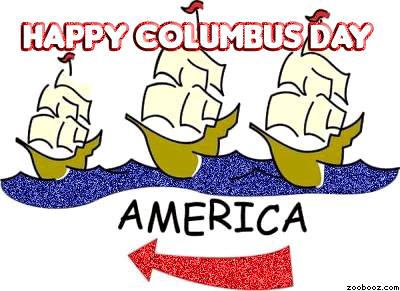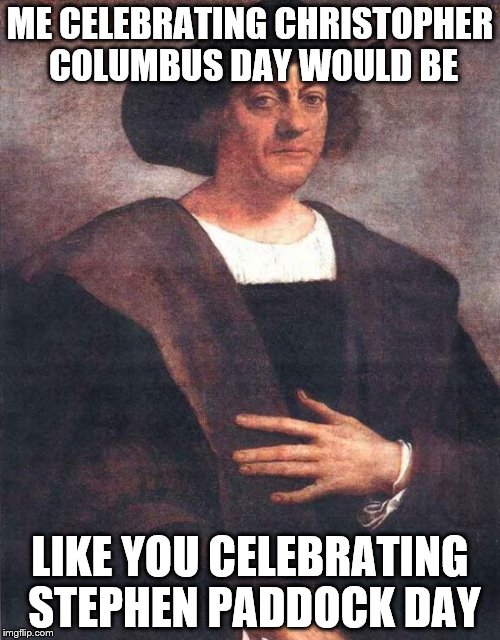

For this nation’s over 5 million American Indian, Alaska Native, and Native Hawaiian citizens, Columbus’ voyages to the so-called New World inaugurated a long history of exploitation, enslavement, eradication, and erasure (and he himself initiated and sanctioned such actions). In this light, public observance of Columbus Day must end. One consequence has been a radical rethinking of who we choose to publicly commemorate through statues, monuments, and celebrations. have forced a national reckoning over America’s monstrous racial legacy. Recent responses to police shootings and killings of unarmed Black people in the U.S. Professor of Anthropology and of Global Health and Social Medicineįaculty Director, Harvard University Native American Program and to ensure every American knows that today, tribal nations are solving universal challenges and pioneering innovations that can change and enhance the world.Īmerica could learn a lot from its first peoples. Investment in civics education needs to be made in partnership with tribal nations to teach the true history of the U.S. If these calls are sincere, any change to Indigenous Peoples’ Day must be backed up by action and an active recognition of the continued survival and resilience of Indigenous peoples. For me, it is not as simple as replacing one vacation day on the calendar with another. Statues of Christopher Columbus are crashing down and calls to replace Columbus Day with Indigenous Peoples’ Day ring out. In cities across the country there is a growing awareness of our collective and violent history - and of the legacies that reverberate in our justice, health, and educational systems. The day celebrates a fictionalized and sanitized version of colonialism, whitewashing generations of brutality that many Europeans brought to these shores. Not only was he lost, thinking he had landed in India, but there is significant evidence of trans-oceanic contact prior to 1492. The irony is that Columbus didn’t discover anything. That day, she revised her lesson plan.įor Native people in the U.S., Columbus Day represents a celebration of genocide and dispossession. Brennan taught us, “In 1492, Columbus sailed the ocean blue.” As an Oneida citizen and a national leader in American Indian education, I can’t imagine what must have run through his mind, but the next day he drove to my (predominantly white and affluent) school and called an emergency meeting with my teacher.

In the fourth grade, I came home from school and my dad asked me what I learned. Program Director, Harvard Project on American Indian Economic Development Citizen of the Oneida Nation of Wisconsin


 0 kommentar(er)
0 kommentar(er)
